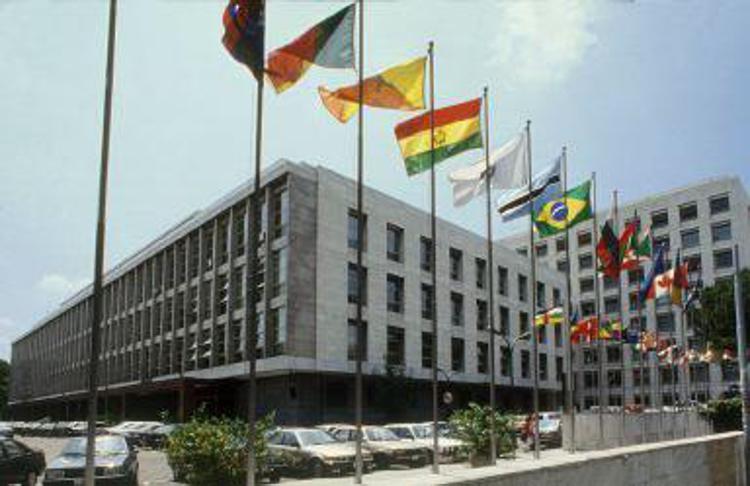

Wind, rain and industrial farming methods accelerate soil erosion which can be mitigated before the world faces calamitous losses in terms of agricultural yields and critical ecosystem functions, speakers will argue at a meeting that opened Wednesday at the UN Food and Agriculture Organisation in Rome.
"The negative impacts of soil erosion are ever more evident and the need to work jointly ever more urgent," said. FAO Deputy Director-General, Climate and Natural Resources, Maria Helena Semedo.
Semedo was opening the three-day Global Symposium on Soil Erosion, which focuses on enhancing how the world measures and manages soil erosion as well as its economic costs.
"We have solutions," she said. "Preventing soil erosion through education, advocacy and concrete actions in the field are the best way to maintain healthy soils and help achieve the Sustainable Development Goals."
Today the equivalent of one soccer pitch of soil is eroded every five seconds, and the planet is on a path that could lead to the degradation of more than 90 percent of all the Earth's soils by 2050, Semedo said.
Erosion, triggered by intensive agriculture, tillage, mono-cropping, overgrazing, urban sprawl, deforestation and industrial and mining activities, all contribute to accelerating soil erosion, which can result in crop yield losses of up to 50 percent, Semedo added.
As organic carbon particles are the most vulnerable to being washed or blown away, erosion also reduces soil's potential to help mitigate and adapt to climate change, triggering a "vicious cycle" in which extreme weather events and soil erosion reinforce each other, said Semedo.
At the meeting, scientists, academic experts, farmers, government officials and even an astronaut describing soil erosion from space, will give over 100 presentations, according to FAO.
More research has been published on the topic in the past three years than in the entire 20th century and knowledge of how soil erosion occurs and how to control it is well established, FAO said.
There is clear evidence that soil erosion rates on conventionally ploughed agricultural land or intensively grazed pasturelands are notably greater than erosion under native vegetation - and much higher than soil formation rates - implying that we are depleting a non-renewable resource - the UN agency noted.
Vegetation cover - including shrubs, trees, resistant grasses, cover crops and stubble- can reduce wind erosion by more than 80 percent and also enhance water absorption capacity, FAO underlined.
More research is needed however on how to measure soil loss rates and budget for measures to reduce them - topics that remain under debate, FAO admitted.
Experts disagree over issues such as if erosion turns soil into a source or sink for carbon emissions, as well as on rival formulas to assess the relationship between the size of raindrop splashes and the likelihood that they detach soil particles and remove them from the landscape, said FAO.
There is also a strong case for considering "tangible" public support for the control of soil erosion, which can have an impact far from its source, FAO stressed. A case in point is agrochemical runoff, which can pollute and eutrophise water sources downstream, the UN agency said.
The Rome symposium aims to identify "global hotspots" warranting priority action in soil management, a database on the best erosion control practices, and to reach a greater consensus on how to carry out cost-benefit analyses of possible measures to prevent, remediate and mitigate soil erosion, FAO said.
The meeting is being jointly organised by FAO, the Global Soil Partnership, the Intergovernmental Technical Panel on Soils, the UN Convention to Combat Desertification and a joint programme run by FAO with the International Atomic Energy Association to develop uses for nuclear techniques for food and agriculture.